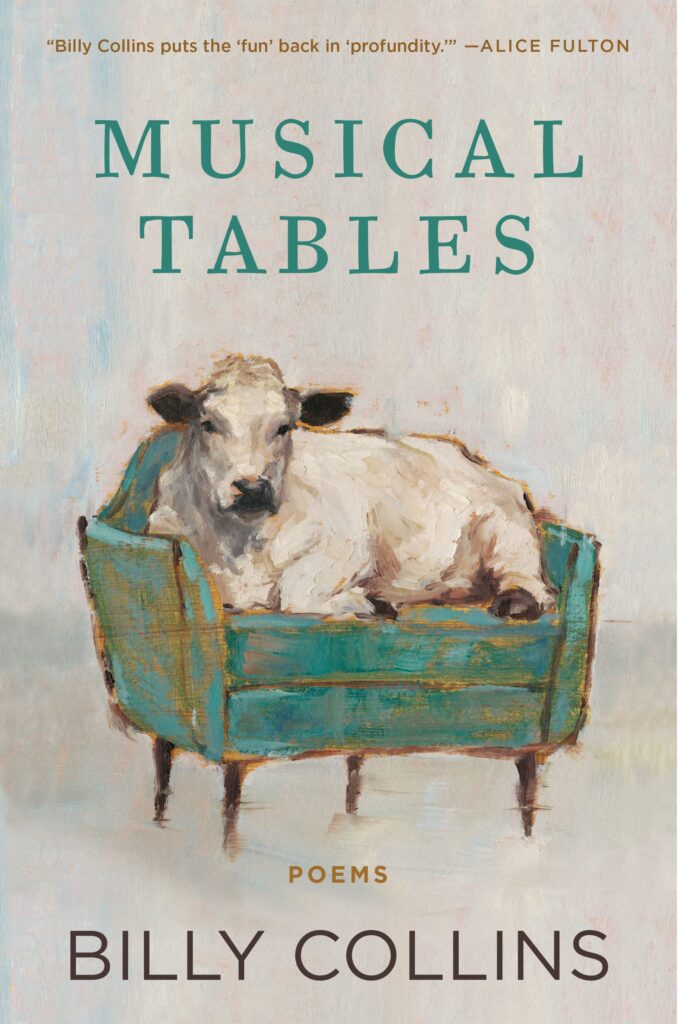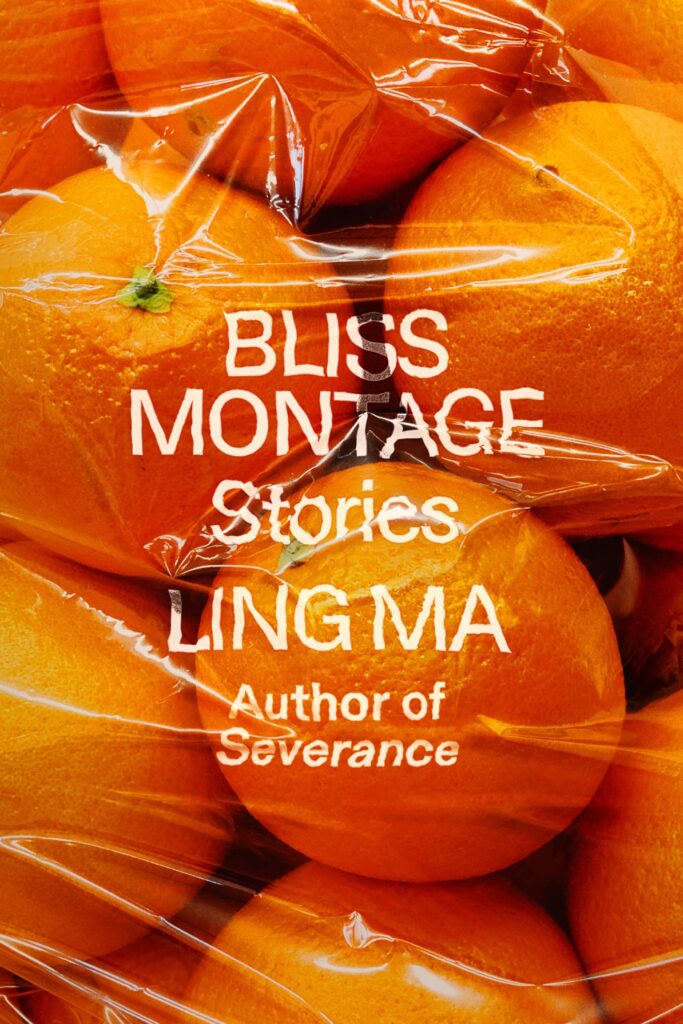
Musical Tables, the newest release from former United States Poet Laureate Billy Collins, is a refreshing embrace of minimalistic, short form poetry: Paired with themes of nature, romance, and mortality, Collins’ distinct humor and light-hearted style leaves the reader with tiny bundles of poetic whimsy. While his poems are playful and cheeky, Collins’ poetic prowess shines best in his serious poems, where he accesses a powerful surrealism that leaves the reader with a more lasting impression.
Collins writes at the end of the collection that “small poems are drastic examples of poetry’s way of squeezing large content into tight spaces.” Musical Tables is certainly a poetic exercise in packing an emotional punch. Poems like “View From a Bridge” and “A Memory” succeed beautifully, creating something truly introspective and meaningful out of just a few simple lines.
For the lover of whimsy and wit, look no further than Musical Tables— but readers looking for a more complex, serious collection from Billy Collins might prefer early collections like Questions About Angels.
–Gabrielle Pereira

Ling Ma’s Bliss Montage, a collection of eight short stories, is a fever dream spun into reality. From a house with 100 ex-boyfriends to an invisibility drug to a baby’s arm that grows outside of the womb, Ma’s images compose a not-so-blissful montage of worst nightmares and intrusive thoughts. Superimposing the realistic and the bizarre, Ma, author of the 2018 novel Severance, revels unabashedly in the peculiarity of what it means to live in today’s world.
Each story exists in a separate liminal space, hosting its own cast of characters and fantastical elements. “G,” the story of the invisibility drug, for instance, features two codependent best friends living in “an invisibility cocoon” in the Upper West Side. “Office Hours” takes place within a magical office on a university campus and philosophically explores the protagonist’s growth into adulthood, while “Peking Duck” and “Tomorrow” investigate the emotional and linguistic challenges emerging at the crossroads between home country and new city.
Oddity is Ma’s artistic weapon. Defamiliarizing everyday experience through separate and fantastical tales, Ma forces readers back into their daily lives with fresh eyes. In probing themes of intimacy, memory, immigration, isolation and urbanity, her authorial voice reverberates, honest and inquiring: “To live is to exist within time. To remember is to negate time” and “Were we processing trauma or were we simply re-experiencing it?” Ultimately, it is this deft coexistence of the fantastical and realistic, bizarre and normal that brings readers closest to the complexities of our contemporary existence.
–Neena Dzur
